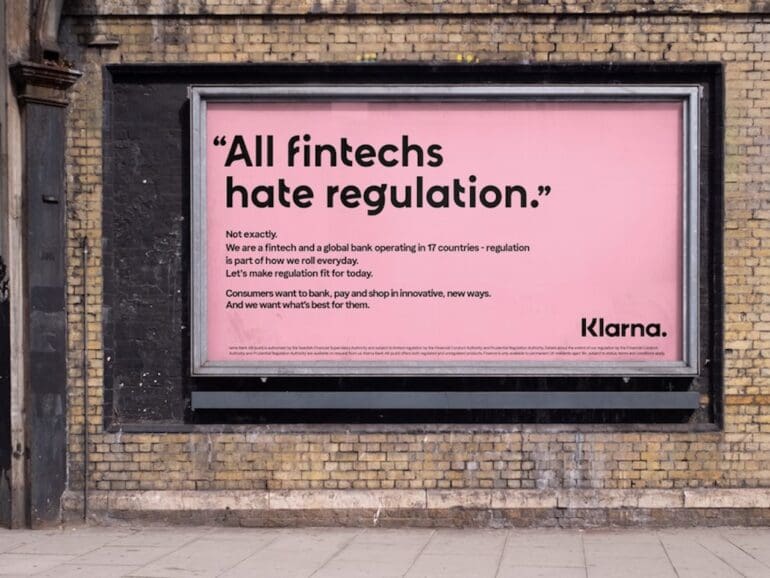The BNPL market has seen rapid growth over the past few years.
A recent report from Mordor Intelligence valued the US BNPL market at $70 billion for payment value in 2022 and a projected growth rate of 27.5% until 2028.
However, the industry continues to be plagued with concern over its practices.

“During the time of the thriving Buy Now Pay Later explosion, there were some bad actors,” said Yaacov Martin, Co-Founder and CEO at Jifiti. “There were certain elements of certain products that, with time, started raising certain question marks, both with regard to the practice of late fees, how aggressive they were, and how hostile they were.”
Despite the CFPB announcing a probe into the BNPL industry in December 2021, the sector continues to operate, for the most part, without regulation in the US. A report published later in September 2022 highlighted the Bureau’s view that BNPL had the “potential” to cause harm and intended to implement regulations soon.
Almost a year later, such regulation is yet to surface.
Looking To The UK’s Approach
While US regulation is sparse, with the exception of some states, BNPL regulation has seen clarity elsewhere in the world, giving some indication of what might be in store for US providers.
In both the UK and Europe, draft legislation has been proposed for the BNPL sector.
In the UK, once legislation is passed, BNPL providers could face fines and prison time if not registered with the FCA. Full customer “affordability checks” have also been proposed to assess customers’ ability to repay the loans.
Europe proposed adjustments to their existing consumer credit directive to open existing credit legislation to loans under €200 and specifically BNPL products.
In addition, both regulators outlined requirements for providers to make key information pertaining to BNPL loans readily available.
Providers’ reaction to the draft proposals was mixed. While entities acknowledged the need for regulation, both Klarna and Block have reportedly called the UK’s draft guidelines “outdated”.
“The current proposals do not reflect the simple and transparent nature of BNPL products and will create an unlevel playing field,” a Block spokesperson told CNBC in April. At an Innovate Finance event discussing the proposal, industry players voiced their concern at providers leaving the UK market if the current draft passes.
Despite this industry reaction, Martin explained the US’s approach could run close. Already, state-level regulation has stipulated BNPL products be considered as loans, subject to reporting and assessment requirements afflicting other credit products.
“I think what the regulator is looking to do is to create a few things,” he said. “Number one is the regulators are probably going to announce certain reporting requirements so that there is at least some sort of scrutiny over the activity that is taking place. Number two is I think there are going to be more specific guidelines with regard to various types of fees, such as late fees, I think that’s another concern.”
Regulatory “Limbo” Affects Trust And Calls For Direction
“Once a regulator announces a probe, the regulator has to strive to come back at least with direction, even if it’s not legislation, direction as soon as possible,” said Martin. “That unknown time sends everybody into a frenzy.”
“If you leave everybody in limbo, and we have been left in limbo for the last 12 to 18 months, then doubt can really creep into areas that it shouldn’t be creeping into.”
He explained that although activities in the BNPL sector had created trust issues in the sector, these had been compounded by the CFPB’s lack of explicit direction after the announcement of the probe.
As a result, many merchants have turned to the security of traditional banks to provide BNPL services in lieu of unclear future steps.
“All of those issues are actually what drove many of the players back to traditional banks, who, number one, were regulated, and number two did not have the same type of practices and late fees because of the regulation.”
For Martin, embedded finance solutions to create these streamlined links between banks and merchants have become key.
RELATED: Jifiti Webinar: Why Banks are buying into BNPL


